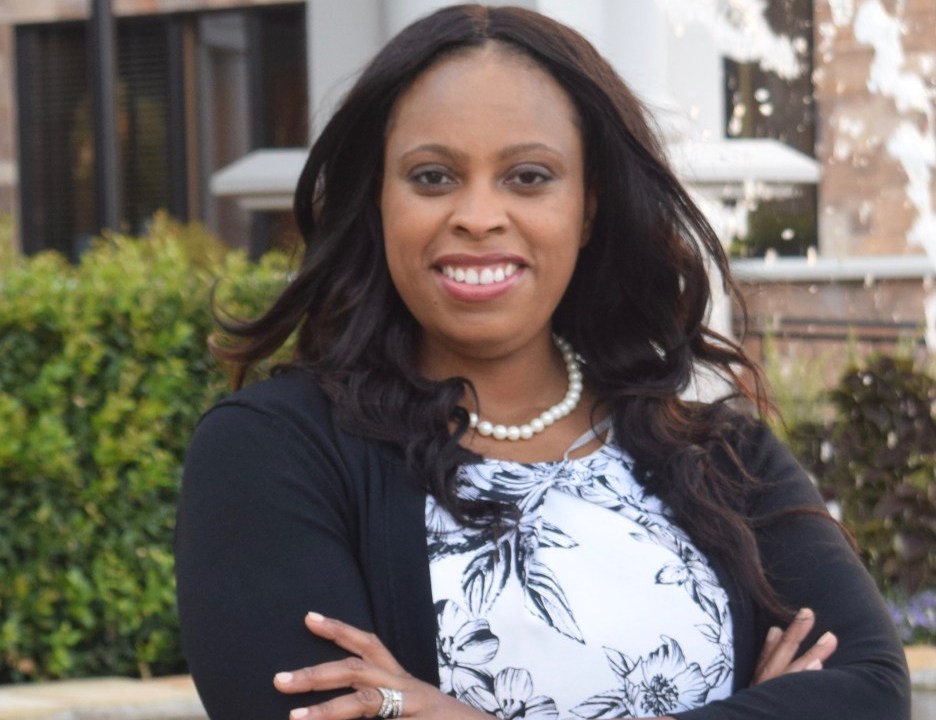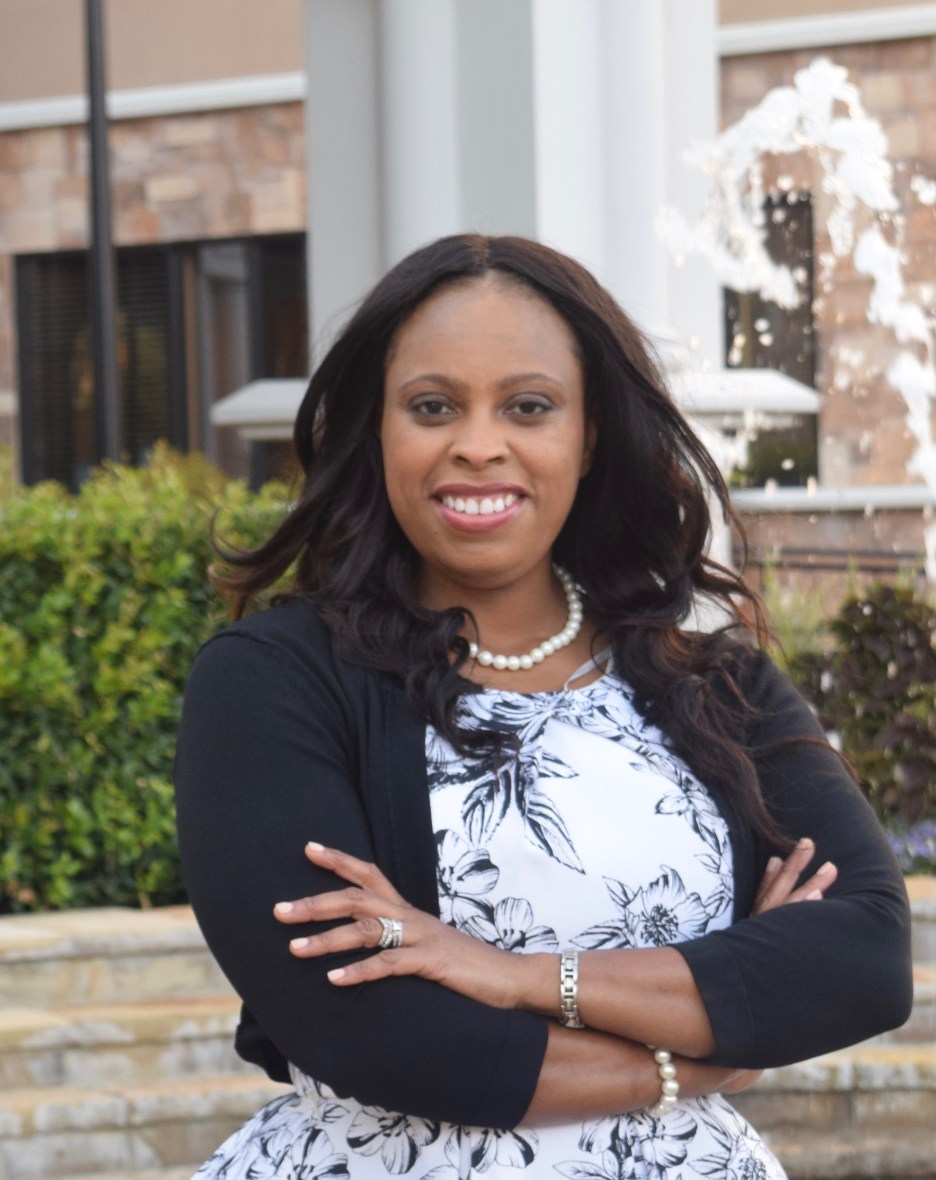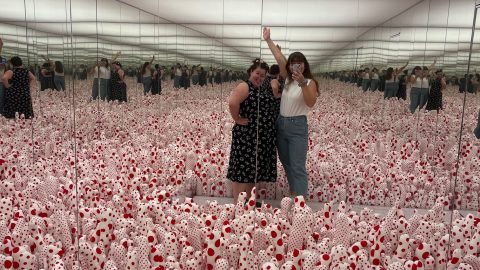
Can you imagine three years after you have earned your degree and in search of the perfect job, you discover that you were the “first” of your race to matriculate through your major? Immediately I felt the excitement and pride of being the FIRST and then an overwhelming sadness that clouded the moment. I was the FIRST African-American to graduate from the Museum Studies department at Michigan State University in 2004. But this was also puzzling as to why there was a lack of people of diverse backgrounds enrolled in the program. Why was there no interest?As an undergraduate at Bethune-Cookman University, a historically black institution, I volunteered over 100 hours at Mary McLeod Bethune Foundation, home of Dr. Mary McLeod Bethune. Not once while I served as a tour guide, or handled and cared for historic objects, did I realize Museum Studies was an area that I could focus on in a graduate studies program. This demonstrates a definite disengagement if I could spend two years in a museum environment and work under a curator, yet have no knowledge that I could spend an additional two years focusing on my passion.
Today, as I reflect back on my experience at the Michigan State University Museum Studies program, there was a disconnect with people of diverse backgrounds. Even in my most recent completion of a Master’s degree in Museum Studies, there were still not a large number of African Americans or Latinos. As an activist promoting diversity in museum studies programs, diversity in the museum profession and diversity in museum audiences, I believe there are several strategies that universities and colleges could implement to engage and recruit students of diverse backgrounds.
Partnership & Engagement: There are over 100 Historically Black Colleges and Universities (HBCU) in the United States. The majority, if not all, of these institutions, have archives, historical buildings, a museum or historical home and/or site located on the campus. These institutions can serve as the gateway for undergraduate African-American students to the Museum Studies programs at the graduate level. Furthermore, these programs could develop partnerships with HBCUs to recruit students and introduce Museum Studies as a profession. Tuskegee University and Bethune-Cookman University both have historical house museums on their campuses and have a large population of African-American students. Partnerships between these institutions and Museum Studies graduate programs can introduce the profession to students who work at the historic homes.
Alumni: Alumni from any school or higher educational institution are the best advocates for Museum Studies programs. Alumni are untapped resources that graduate programs are not using to speak firsthand about their experiences, challenges and to serve as ambassadors for their alma mater. Alumni can be actively involved in the recruitment and retention of new students in graduate programs.
Curriculum: Through my search for furthering my education in Museum Studies I found very little to no courses that focused on diversity in museums, engagement of diverse audiences or African-American museums. One of the most appealing attributes of a higher learning institution is its curriculum. Many students are keenly interested in distinctive courses that have an emphasis on their particular race or culture. I can visualize increased student interest in courses dedicated to museums that interpret their own history and culture.
Financial Incentives & Scholarships: According to Federal Student Aid, there is over $50 billion dollars in outstanding debt from 1 million borrowers of Grad PLUS Loans. Unless a well- paying job is guaranteed after graduation, you don’t find students drawn to gaining a large debt. Through my matriculation at Michigan State University, I gained a network of 12 African American women that transitioned from HBCUs for their graduate work. All of them received scholarships, grants or some type of funding to earn their Masters and/or PhDs. Out of this network, I was the only student without funding from the university to complete my studies and therefore graduated with student loan debt. The other women chose to attend a predominately white institution instead of an HBCU primarily because of the funding they received to further their graduate studies—much of which they were not obliged to pay back. It is critical that access to non-loan funding sources be an institutional priority in order for students to successfully matriculate and graduate from Museum Studies programs.
In considering my own educational journey, life experiences and professional career, I believe these four recommendations (engagement, alumni, curriculum and financial aid) are what can positively impact the field of Museum Studies. Thoughtful, meaningful and sometimes out-of-the-box decision-making can contribute to actively recruiting students of diverse backgrounds and ultimately increase their participation in Museum Studies programs. This, in turn, will contribute to a Museum industry that more realistically reflects the diversity of viewpoints in our world.
Jada Wright-Greene is the Founder & President of Heritage Salon, a nonprofit dedicated to exposing African American museums, historical sites, and homes with the goal of diversifying the Museum Studies profession. She has worked in the museum field as a museum activist, consultant, author and lecturer for over 10 years. To learn more visit @HeritageSalonOrg on Instagram, Facebook & Twitter








